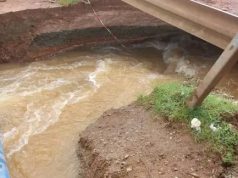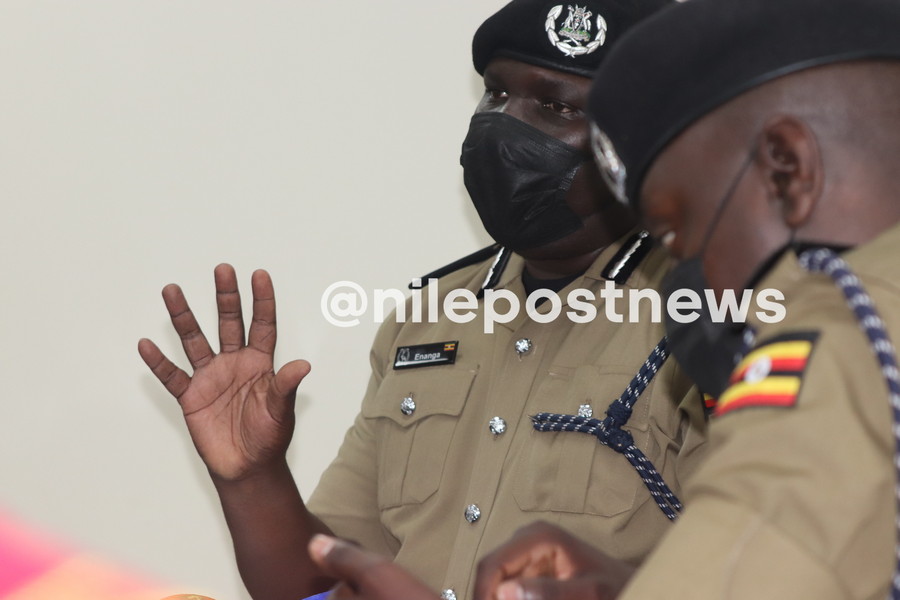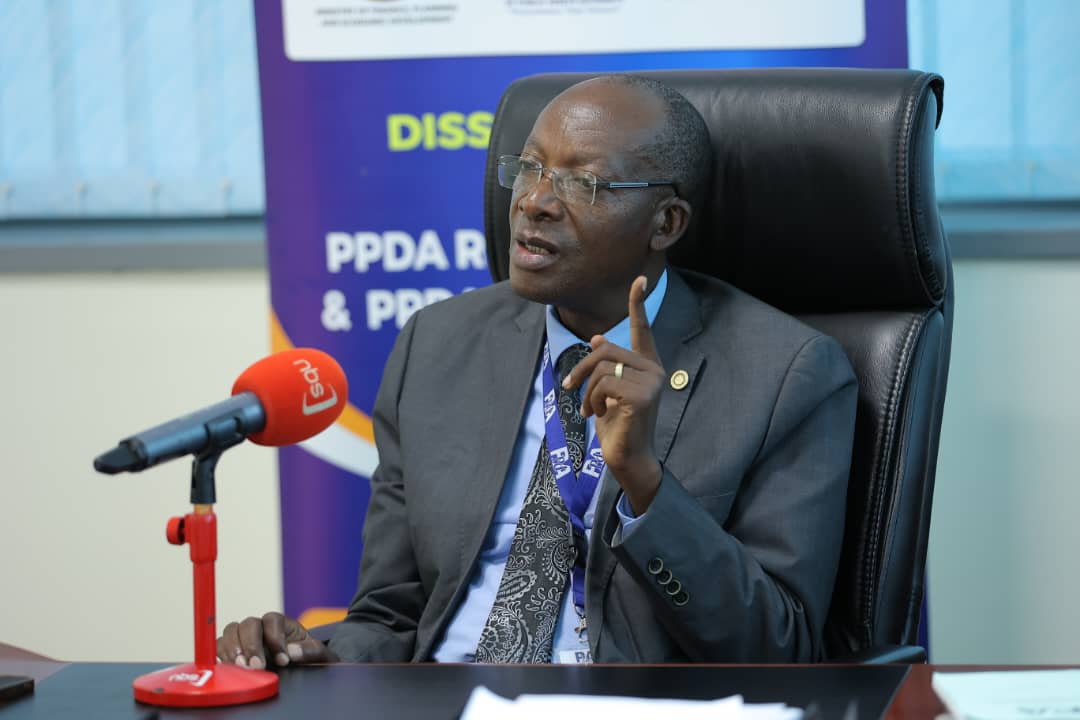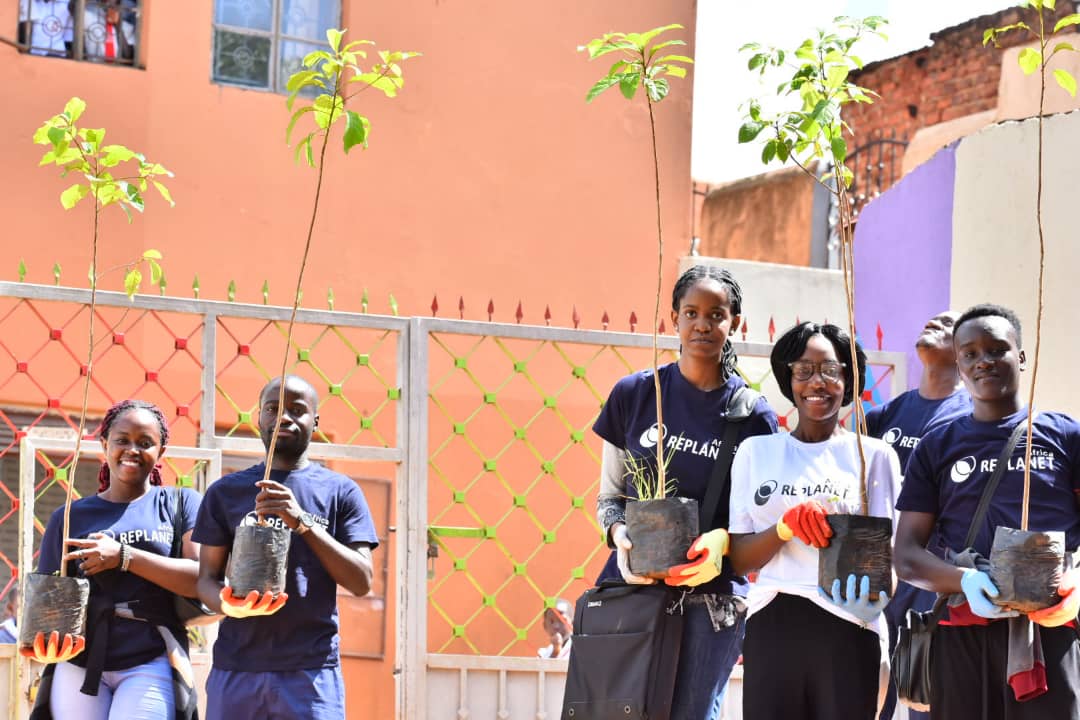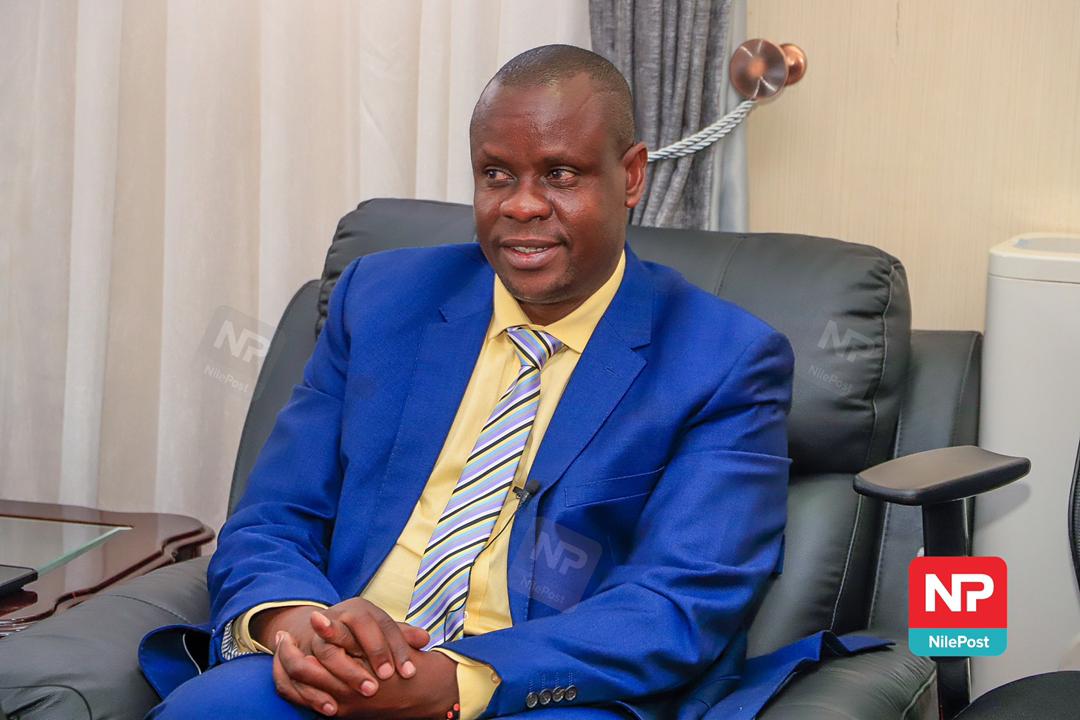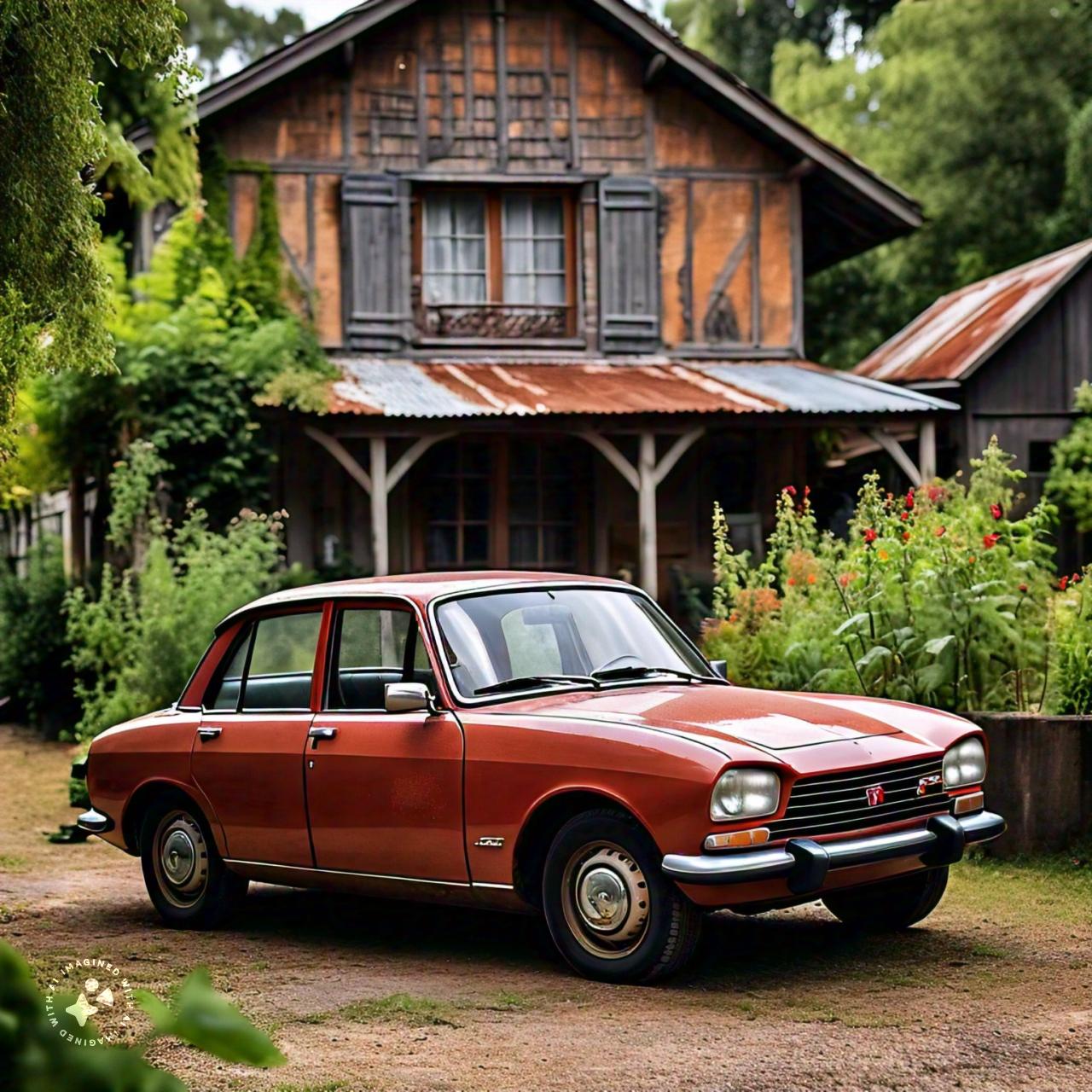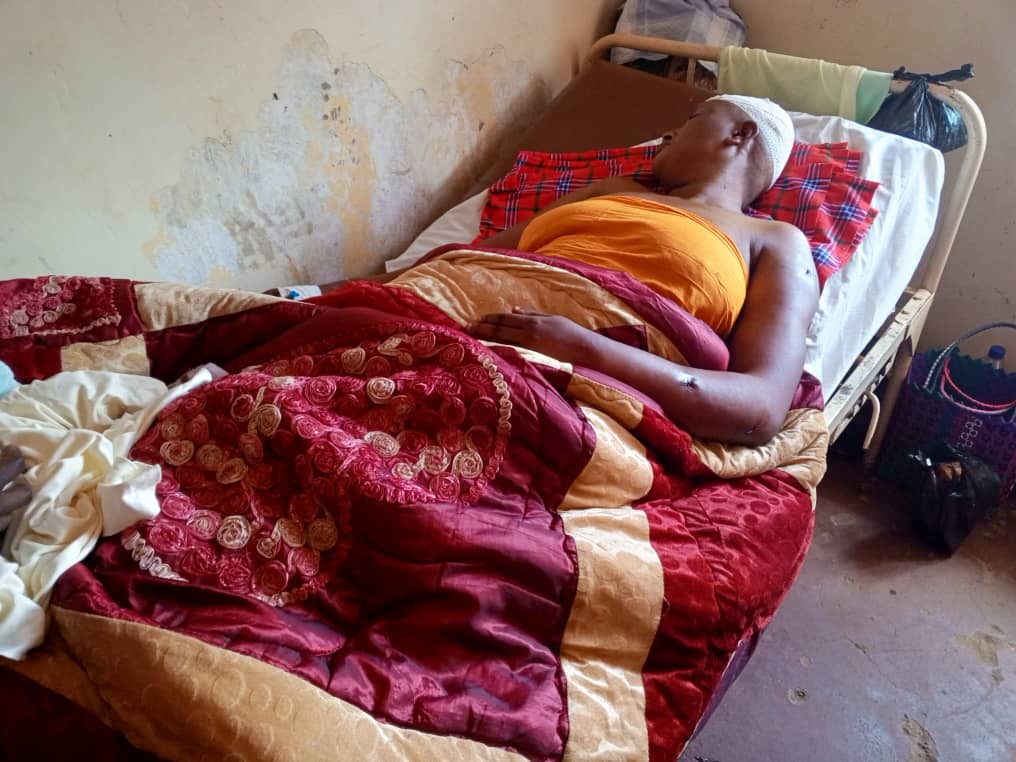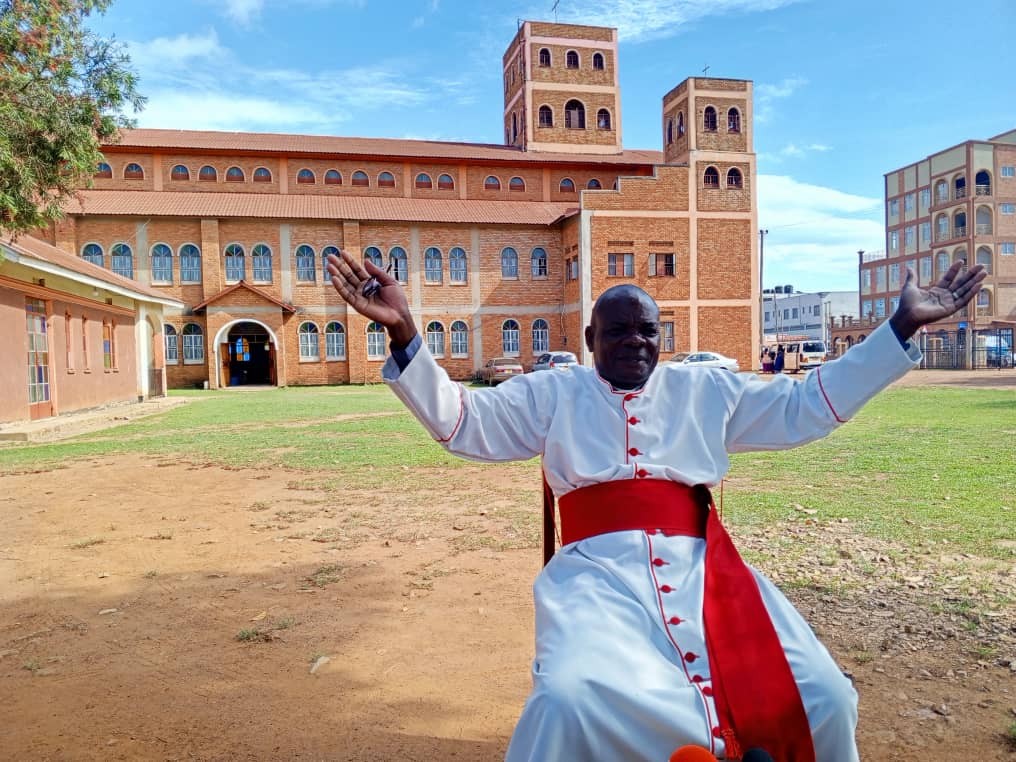Big Interview: "Poor pay impedes press freedom," says HRNJ's Ssempala
As journalists in Uganda joined the rest of the world to celebrate International Press Freedom Day, many reports including the latest one by the Human Rights Network of Journalists-Uganda indicate that over 131 journalists were attacked largely by police and the army during the course of their work in 2021.
Speaking to The Nile Post in an interview, the executive director of Human Rights Network for Journalists-Uganda (HRNJ), Robert Ssempala, said they have on several times tried to engage security agencies to create harmonious relationship between the two entities.
Keep Reading
Excerpts below
***** ***** ***** ***** ***** ***** ***** ***** ***** ***** ***** ***** ***** ***** ***** ***** ***** ***** ***** ***** ***** ***** ***** *****
How has the Human Rights Network for Journalists-Uganda (HRNJ) helped in championing freedom of speech in the country?
We have made various interventions. One of them is by monitoring, documenting and making publications that are aimed at aiding advocacy for press freedom.
One of the publications is the Press Freedom Index. We have come up with a compilation of all laws that are obtained or pertained to media freedom in this country.
We have also gone ahead to make an analysis of the same laws trying to assess which ones are impacting negatively or positively in press freedom in the country.
How many journalists have you supported so far?
We have handled over 50 cases of journalists,12 in courts of law, others in police. We have also extended medical support to victim journalists who have been injured in the course of their work.
At the same time, we have offered emergency relocation of journalists whose lives have been threatened because of their work. We have collaborated with our partners and be able to offer psycho-social therapy for journalists who have been traumatised, those who have gone through torture, those who have been assaulted in the line of duty.
We have built the capacity of journalists in different [areas] in the course of the year. One of them is on safety and security. We have also done training on ethical journalism in a bid to promote professionalism. We have also built the capacity of journalists in understanding the justice systems so that they can know how to seek justice in the various available courts for remedies.
In 2021, Inspector General of Police Martin Ochola said the police was beating journalists "for their own good." How did you handle this?
His statements were extremely unfortunate. We didn’t take them lightly because they had that effect of influencing the foot soldiers within the police to impact to appease their boss. As such we wrote to the IGP asking him to withdraw the statements and assure journalists it was not intentional on his part to incite the officers to attack journalists.
He went ahead to assign one of the top officers in the police to come and demystify the statements and to that effect we sought a meeting with him. The IGP himself fixed days but the meeting didn’t take place.
We didn’t know why it didn’t happen but he also kept away from being engaged by us but also other Ugandans over the violations by police officers.
As HRNJ, what step have you taken to ensure that these officers respect the rights of journalists?
We have engaged the police at regional levels and the cases coming from the country side are less than those that come from the central area where the police have decided to keep away from being engaged. We also have helped journalists to take most of the police officers to court, however our effort has been derailed by the fact that most of these criminal cases are investigated by the very police.
We have profiled some of the notorious police officers and submitted their names to some of these diplomatic nations so that they can take action against them in case they want to go to their countries. They want to go for treatment, for studies, for so many things and many of them have been blacklisted.
Poor pay has been attributed to violation of press freedom in Uganda. What is your take?
That is extremely true. Poor or no pay at all because when you talk of poor pay it necessarily means that all others are paid but poorly but there are those that are not paid at all.
We have engaged media owners under their umbrella body, the National Association of Broadcasters (NAB). We have even engaged parliament twice on the issue of poor pay or no pay at all especially the Human Rights committee of parliament
We also have made several recommendations to the regulators to ensure that they attach stringent measures on renewal of licenses to media houses that have proven to be consistent in not paying their workers but all these ones are not yielding.
Don't you think that poor pay is one of the reasons as to why journalists take bribes which is against ethics?
Yes, and no. Those who are poorly paid of course are very susceptible to taking bribes. It’s very obvious for them to make a living from the trade. It’s very common with those poorly paid and not paid at all but it is also true that there are journalists in specific media houses who are paid so well and demand or solicit for bribes from their sources. So it’s also a moral issue for some but others its circumstances of need that compel them in taking bribes which is unprofessional. Yes, we can admit the biggest percentage is failure by media houses to pay their workers well.
Is press freedom in Uganda a myth or reality. Are things changing for better or worse?
Going by the trend statistically, unfortunately, it is not getting any better at all. The government is devising more sophisticated ways of controlling the media. Many media houses fear to follow up stories, to expose corruption.
We have media houses which have no licenses even when they meet all the requirements for the same.They are operating on provisional licenses that make the trade very insecure for them. So they fear to confidently occupy the space so they behave so well not to annoy the regulators because they can easily shut them down.
You literally have the media that is not performing its duty to its full mandate because they fear for what might happen. So all those in a nutshell cause a situation where the media is increasingly getting controlled or pressed against the wall. So you can say according to the ranking the media here is not free. We are partly but we are not free and no wonder we are still falling down in the rankings.
What are some of the gains in the industry for the time you have seen things unfolding?
One of the key gains for the media is of course having a multiplicity of media houses and the older ones also getting a bit firmer that is a big gain for the industry.
There is massive investment in this industry. Journalists have been empowered to fight for their rights, to demand for accountability, to demand for their rights. Today you don’t just beat a journalist and just get away with it.
When will the Human Rights Network for Journalists-Uganda change its leadership?
HRNJ has new leadership at the board level. It just came into office on the 28 March. It has a three-year mandate in office. As of the secretariat which I head we have terms but they are still very open. So what is changing very regularly is the executive board which provides policy guidance to the organisation and that leadership is changed at Annual General Meeting(AGM) level. Secretariat is run by technical people whose work goes on until maybe their contracts are reviewed otherwise.


